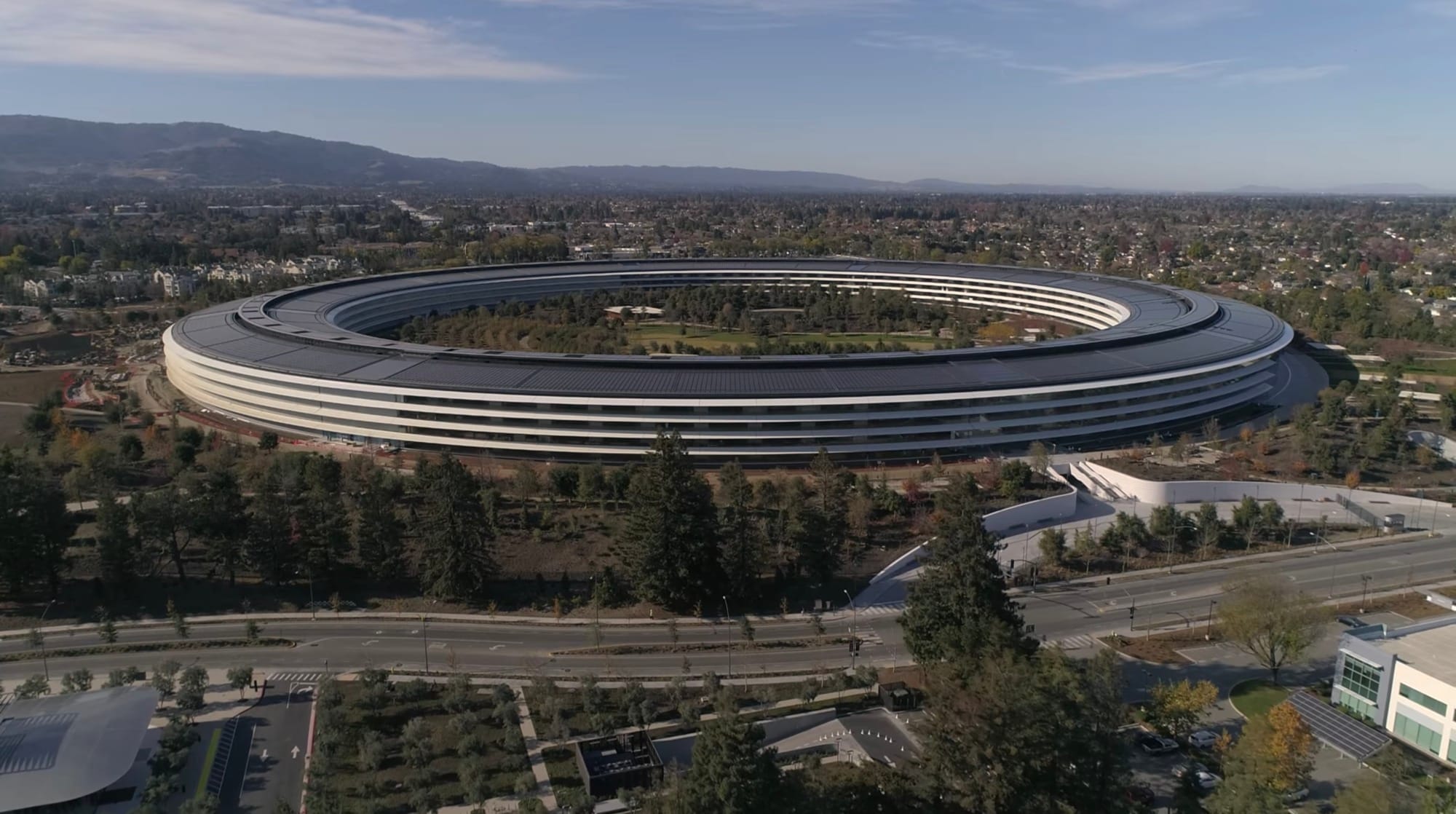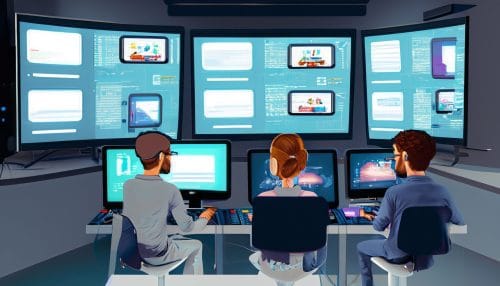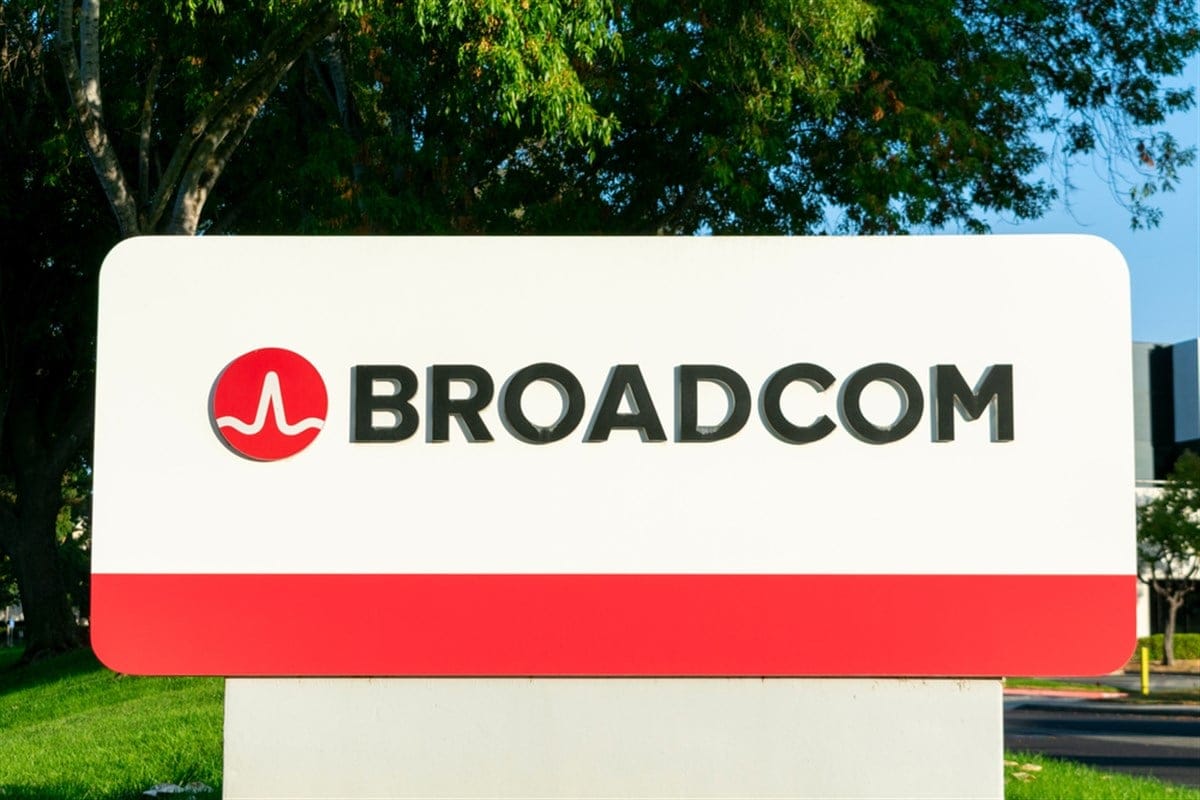Apple has recently withdrawn its lawsuit against Andrew Aude, a former iOS software engineer accused of leaking confidential information about the company’s Vision Pro mixed-reality headset and Journal app. The decision to drop the case brings to a close a legal saga that raised questions about intellectual property security in the tech industry and confidentiality agreements in the workplace.
The lawsuit was initially filed in March 2024 after Apple accused Aude of breaching his non-disclosure agreement by sharing unreleased product information with media outlets. The allegations centered around Aude’s purported disclosures of sensitive technical details about Vision Pro, an advanced augmented and virtual reality headset, as well as the Journal app, a digital journaling platform. Both projects were closely guarded by Apple prior to their public announcements.
The legal battle took an unusual turn this week when the case was dismissed following an out-of-court settlement. While specific terms of the settlement remain undisclosed, it is understood that Aude issued a formal apology to Apple and accepted responsibility for his actions. In a statement released after the lawsuit’s dismissal, Aude described his actions as a “profound and expensive mistake,” an acknowledgment that appeared to align with Apple’s claims about the sensitivity of the leaked information.
The settlement marks a rare public acknowledgment of intellectual property disputes within Silicon Valley, an industry known for its strict enforcement of confidentiality agreements. Apple, a company renowned for its culture of secrecy, employs rigorous measures to safeguard product information. Employees are required to sign non-disclosure agreements, and access to proprietary information is often limited based on project-specific roles. Despite such precautions, leaks occasionally occur, prompting tech giants like Apple to pursue aggressive action against alleged violators.
The Vision Pro leak was particularly concerning for Apple, given the product’s innovative nature and strategic importance. Announced as a pivotal entry into the mixed-reality market, the Vision Pro headset represents Apple’s commitment to emerging fields such as augmented reality (AR) and virtual reality (VR). Details about the device, including its features and pricing strategy, were prematurely disclosed in reports attributed to Aude’s leaks. Apple argued that such breaches could harm its competitive positioning and disrupt its product launch strategies.
Similarly, the Journal app was marketed as a significant step toward creating integrated solutions for personal productivity and wellness. The leak reportedly revealed design and functionality features that were intended to be unveiled as part of Apple’s iOS software updates. Apple maintained that the unauthorized disclosures undermined its ability to manage public perception and foster anticipation for the app’s release.
While Apple’s decision to drop the lawsuit concludes the legal proceedings, it may carry broader implications for the tech industry. Legal experts suggest that the dismissal signals the challenges of balancing strict enforcement of intellectual property rights with the public relations risks of litigation. Settlements, as in this case, offer a way for companies to resolve disputes without prolonged courtroom battles, but they may not always serve as strong deterrents against future breaches.
For Aude, the dismissal provides an opportunity to move forward from a situation that has been both professionally and personally challenging. Known for his work on optimizing battery performance and other technical aspects of iOS devices, Aude joined Apple in 2016 and contributed to several high-profile projects. The legal dispute, however, has led to speculation about the career consequences of the allegations, as well as the financial impact of the settlement.
In his apology, Aude emphasized the importance of respecting workplace confidentiality and expressed regret for his actions. Specialists in corporate law point to such statements as a reminder of the ethical and legal responsibilities professionals hold when entrusted with privileged information. For Apple, the case underscores the vigilance required to protect intellectual capital in an increasingly interconnected and competitive industry.
The unfolding of this legal matter highlights the ongoing tension between corporate secrecy and the public’s interest in technological innovation. As companies invest heavily in research and product development, they are likely to continue prioritizing measures aimed at preventing unauthorized disclosures. Whether through legal frameworks, employee education, or enhanced security protocols, the stakes for safeguarding proprietary information are higher than ever.
Ultimately, Apple’s dismissal of the lawsuit against Andrew Aude represents the conclusion of a contentious chapter in its effort to shield its intellectual assets. The outcomes of this case are likely to be studied by both corporate leaders and legal professionals, offering insights into managing confidentiality violations in a high-stakes environment. As the Vision Pro headset and Journal app establish their presence in the market, the lessons from this case may inform the strategies of other technology companies grappling with similar challenges.



